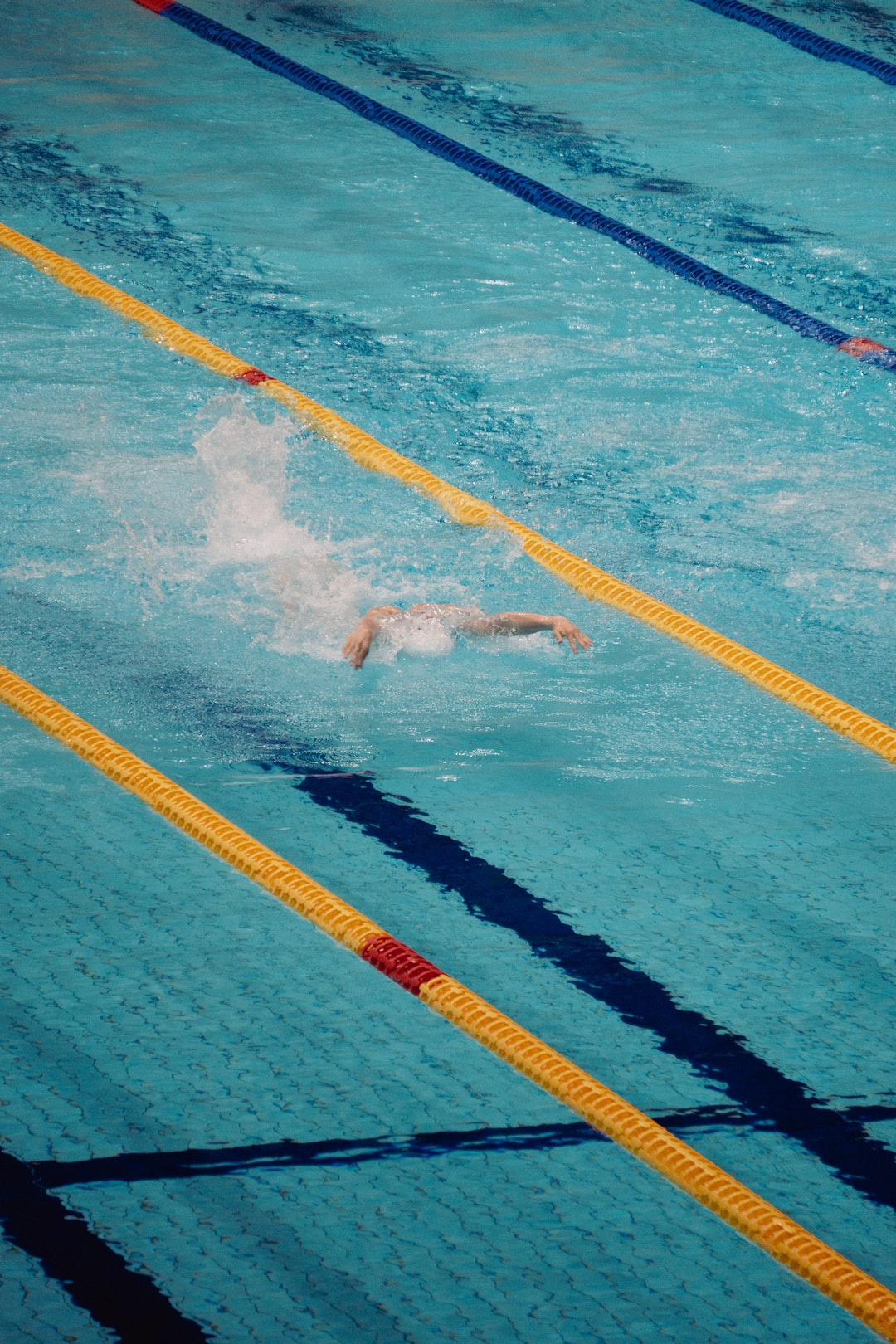Sports nutrition plays a vital role in the performance and overall health of athletes. It involves the consumption of the right nutrients, in the right amounts, at the right time, to fuel the body and optimize performance. Whether you are a professional athlete, a weekend warrior, or just someone trying to stay fit, following the do’s and don’ts of proper sports nutrition can greatly enhance your results. In this blog post, we will explore some of the key do’s and don’ts for achieving optimal sports nutrition.
Do: Prioritize nutrient-dense whole foods
When it comes to sports nutrition, whole foods should be the foundation of your diet. Focus on consuming nutrient-dense foods such as fruits, vegetables, whole grains, lean proteins, and healthy fats. These foods provide a wide range of vitamins, minerals, and antioxidants that support optimal performance and recovery.
Don’t: Rely heavily on processed foods
Processed foods, high in added sugars, unhealthy fats, and artificial ingredients, can hinder athletic performance. These foods lack the vital nutrients that whole foods provide, making them an inadequate choice for athletes. Instead, opt for natural and minimally processed alternatives to fuel your body efficiently.
Do: Stay well-hydrated
Hydration is crucial for athletic performance. Make sure to drink enough water throughout the day, both during and outside of exercise. Proper hydration helps maintain body temperature, delays fatigue, and supports overall performance. If engaging in intense physical activity, consider sports drinks or electrolyte-rich fluids to replenish lost electrolytes.
Don’t: Rely on sugary beverages
While sports drinks can be beneficial during prolonged or strenuous exercise, be cautious with the high sugar content in some commercial options. Excessive consumption of sugary beverages can lead to unwanted weight gain, tooth decay, and energy crashes. Stick to water as your primary hydration source and save sports drinks for intense workouts or competitions lasting longer than an hour.
Do: Plan and time your meals accordingly
Properly timing your meals can contribute to overall performance. Eat a balanced meal containing carbohydrates, proteins, and healthy fats 2-3 hours before exercise to provide sustained energy. If you have less time, opt for a light snack containing mostly carbohydrates for quick energy. Refuel within 30-60 minutes after exercise by consuming a combination of protein and carbohydrates to aid in muscle recovery.
Don’t: Skip meals or neglect post-workout nutrition
Skipping meals can leave you feeling fatigued during workouts and impair recovery. It is important to fuel your body consistently with the necessary nutrients. Additionally, neglecting post-workout nutrition deprives your muscles of the opportunity to repair and rebuild. Aim to eat well-balanced meals throughout the day and prioritize post-workout nutrition to optimize results.
Do: Individualize your nutrition plan
Each athlete has unique dietary needs and preferences. It is essential to individualize your nutrition plan according to your training goals, body composition, and any specific dietary restrictions. Consulting with a sports nutritionist helps you understand your nutritional requirements and design a plan tailored to your needs, maximizing your performance and overall well-being.
Don’t: Follow fad diets or restrictive eating patterns
Fad diets or restrictive eating patterns may promise quick results but can negatively impact your performance, energy levels, and overall health. These diets often lack essential nutrients required for athletic performance and may cause muscle loss or nutrient deficiencies. Instead, focus on maintaining a well-rounded and balanced diet that supports your training goals.
In conclusion, proper sports nutrition is a crucial element for athletes of all levels. Prioritizing whole foods, staying well-hydrated, timing meals strategically, and individualizing your nutrition plan are essential do’s. Conversely, heavily relying on processed foods, sugary beverages, skipping meals, and following restrictive diets are key don’ts. By adhering to the do’s and avoiding the don’ts, you can optimize your sports nutrition, fuel your body efficiently, and achieve your performance goals. Remember, nutrition is not a one-size-fits-all approach, so consult with a professional to create a personalized plan tailored to your needs.
